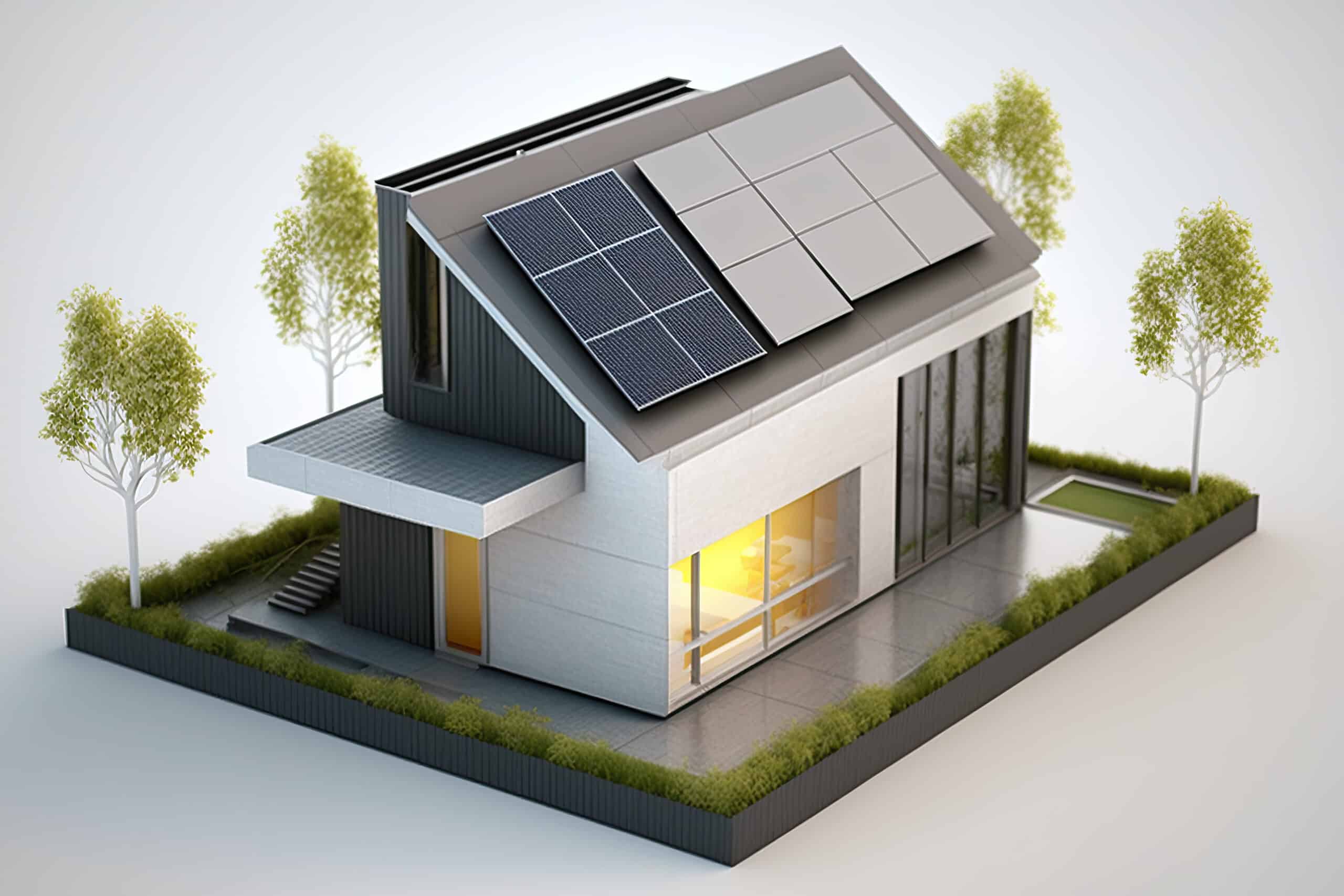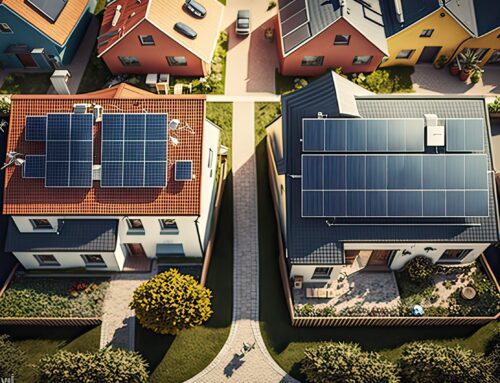Solar panels have gained immense popularity as a clean and renewable energy source. Beyond their ability to generate electricity, solar panels offer numerous environmental benefits. In this article, we will delve into the environmental impact of solar panels and explore how they contribute to a sustainable future.
1. Reducing Carbon Footprint One of the most significant advantages of solar panels is their ability to reduce carbon emissions. By harnessing the power of sunlight to generate electricity, solar panels help to offset the use of fossil fuels. This results in a substantial reduction in greenhouse gas emissions, thereby mitigating climate change and global warming.
2. Promoting Clean Air Quality Solar panels produce electricity without any harmful emissions or pollutants. Unlike traditional energy sources like coal or natural gas, solar power generation does not release harmful gases or particulate matter into the air. This contributes to improved air quality, reducing the prevalence of respiratory diseases and enhancing overall public health.
3. Conserving Water Resources Conventional power plants often require vast amounts of water for cooling purposes. Solar panels, on the other hand, do not require water for operation. By opting for solar energy, we can conserve precious water resources, especially in regions prone to water scarcity. This helps to protect aquatic ecosystems and ensures water availability for essential needs.
4. Minimizing Land Disruption Solar panels can be installed on various surfaces such as rooftops, parking lots, or unused land. Unlike other energy infrastructures like coal mines or oil wells, solar panels do not result in extensive land disruption or habitat destruction. They offer a sustainable solution for energy production without compromising the natural landscape.
5. Encouraging Renewable Energy Transition The widespread adoption of solar panels sends a powerful message about transitioning to renewable energy sources. By investing in solar power, individuals, businesses, and communities contribute to reducing dependence on fossil fuels. This shift promotes sustainability and helps pave the way for a cleaner and greener future.
Solar panels play a crucial role in addressing environmental challenges and shaping a sustainable world. By understanding their positive impact on reducing carbon footprint, promoting clean air quality, conserving water resources, minimizing land disruption, and driving the renewable energy transition, we can make informed choices and actively support solar power adoption. Embracing solar panels is not only an investment in clean energy but also a commitment to preserving the planet for future generations.
Take a step towards a sustainable future. Explore the environmental benefits of solar panels and discover how they positively impact our planet. Join the solar revolution today!
Note: The article above provides a general overview of the environmental impact of solar panels. For a more comprehensive and detailed understanding, additional research and specific data can be included.





